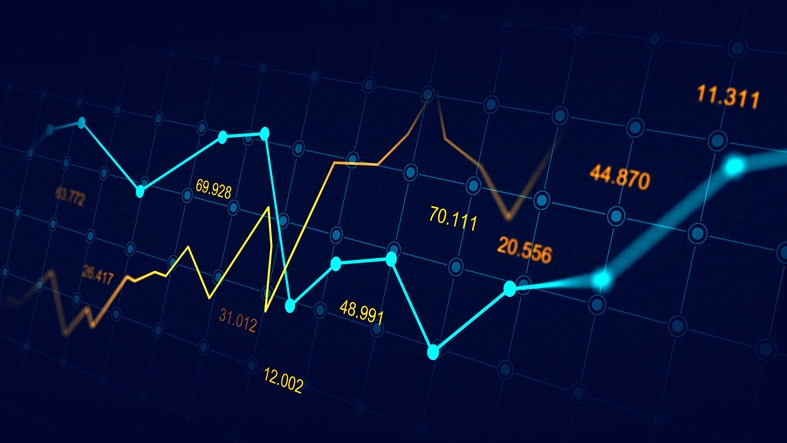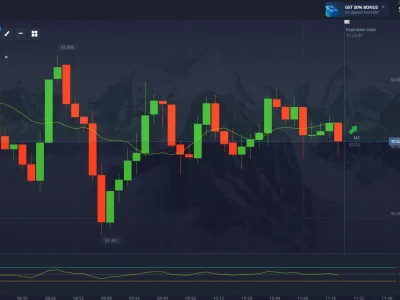When you compare stock trading and Forex trading, you may notice that they both use leverage to increase the amount of money you can invest. Both markets use leverage, but in Forex trading, this is much higher than in stock trading. In stock trading, you place a trade with a broker who then multiplies the amount by a certain amount. For example, if the leverage is 1:10, then your trade would be 10 times as large. This allows you to increase your payouts with a smaller investment.
While stocks and Forex share many similarities, these two markets are fundamentally different. While they have similar market structures, they also have stark differences that make it important to understand the differences and similarities of these markets. To begin, you must decide which type of trader you are. For example, are you a short-term trader, or do you prefer to trade for the long term? Whichever type of trader you are, you should know how to properly use the tools and strategies available for both markets.
Lastly, both stock trading and Forex require a good understanding of politics. Traders who understand complex political situations can better predict future policies. Expert traders always diversify their portfolios, which means that they’re likely to be successful in both. Stocks and Forex, while different in terms of complexity, allow the trader to build a diversified portfolio. If you’re not an expert, you might want to stick to trading local assets only.
Although they differ in some ways, forex is generally more popular among traders due to its larger market, higher liquidity, and availability around the clock. As a result, forex is easier to enter and requires less capital to begin. Whichever you decide to pursue, personal preference and knowledge should guide your decision. While forex is more popular, many traders choose to focus on stocks and forex because of the similarities they share in terms of risk and reward. A thorough knowledge of the industry will give you an advantage over the competition.
Both stocks and Forex are traded on exchanges. Stocks have a wider range of opportunities than forex, but they don’t compare in terms of volume. Stocks are more volatile than currencies, so you’ll find a higher payout if you trade stocks. However, you need to understand the market before you can invest in either. You’ll also need to understand how company values are determined. This will help you make the right trading decisions.
Another major difference between stock and forex trading is the market’s liquidity. Forex is more liquid and trades $5 trillion a day. The forex market is larger than the total world stock market, but it is concentrated on only a few major pairs. This large volume brings many benefits for traders, including low spreads and easy entry and exit. Forex and stock trading are both highly volatile, so they require a large amount of capital to start.









